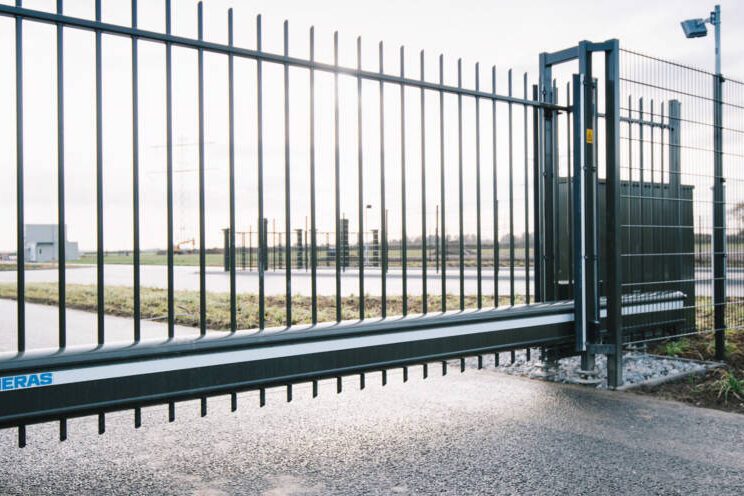“HILP events” may sound like jargon or academic speak, but it encapsulates an important security concept: in addition to planning for the ordinary, you must also take account of the extraordinary.
In its report, Preparing for High-impact, Low-probability Events: Lessons from Eyjafjallajökull, Chatham House has issued a timely reminder of the dangers of complacency.
Those who plan for unlikely events are often dismissed as doomsayers – why are you fretting about that, it will never happen. But if a rational assessment of the situation reveals that the consequences are severe enough, it’s your duty to take account of it.
You can be certain the owners of the Costa Concordia are thinking along these lines – now.
In 1997, it was revealed that the IRA had reached the advanced stages of a plan to disable the London electricity supply by bombing six electricity sub-stations. It would have been a catastrophe not only for London but the entire UK and would even have had a significant impact on world financial markets.
Security and contingency planners have to have an open mind about threats – a bit of imagination, if you please, without becoming paranoid.









